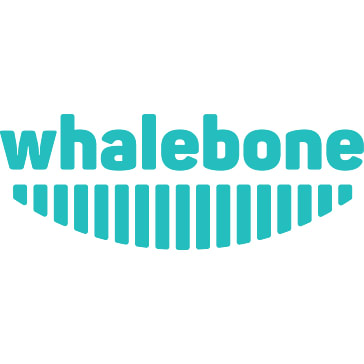Shares of Palo Alto Networks fell Wednesday after the company reported better-than-expected earnings in the third fiscal quarter but disappointed some investors over its margins.
The company reported non-GAAP (generally accepted accounting principles) net income of 80 cents a share during the quarter that ended on April 30, up from 66 cents in the same quarter last year. Those earnings beat consensus estimates of 77 cents.
Revenue grew 15%, to $2.3 billion, in the quarter, compared with $2 billion in the same period last year.
Palo Alto Networks CEO Nikesh Arora said the company is making major inroads with customers consolidating their security spending through the firm’s controversial “platformization” strategy.
The company has been offering incentives, including deferred payments, for customers to consolidate their security spending from multiple security vendors onto its own unified platform.
The company delivered more than 90 net new consolidations during the third fiscal quarter and now have 1,250 platformization deals among its top 5,000 customers.
One global consulting firm signed a $90 million deal to use Cortex for XSIAM, a financial-services firm signed a $46 million deal to replace its prior EDR and SIEM providers and a U.S. financial-services firm signed a $32 million deal.
Palo Alto Networks is also seeing major growth from companies speeding up their cloud migration in connection with the often-reluctant embrace of AI.
“To truly capitalize on AI’s potential, enterprises need modern, cloud-delivered platforms that can ingest vast amounts of data and operate in real-time at scale,” Arora said during the quarterly earnings call. “We’ve seen customers who were previously delaying their cloud migrations are now accelerating their investment.”
The company also said it has been transitioning to a contract manufacturing facility in Texas as its main manufacturing and performance center, taking advantage of a foreign trade zone. The company claims to be the only pure-play cybersecurity company to have all of its manufacturing in the U.S. and to therefore be almost fully insulated from the effects of President Donald Trump’s tariffs.
Palo Alto Networks is now estimating revenue of $9.17 billion to $9.19 billion and non-GAAP net income of $3.26 to $3.28 per share for fiscal year 2025.















